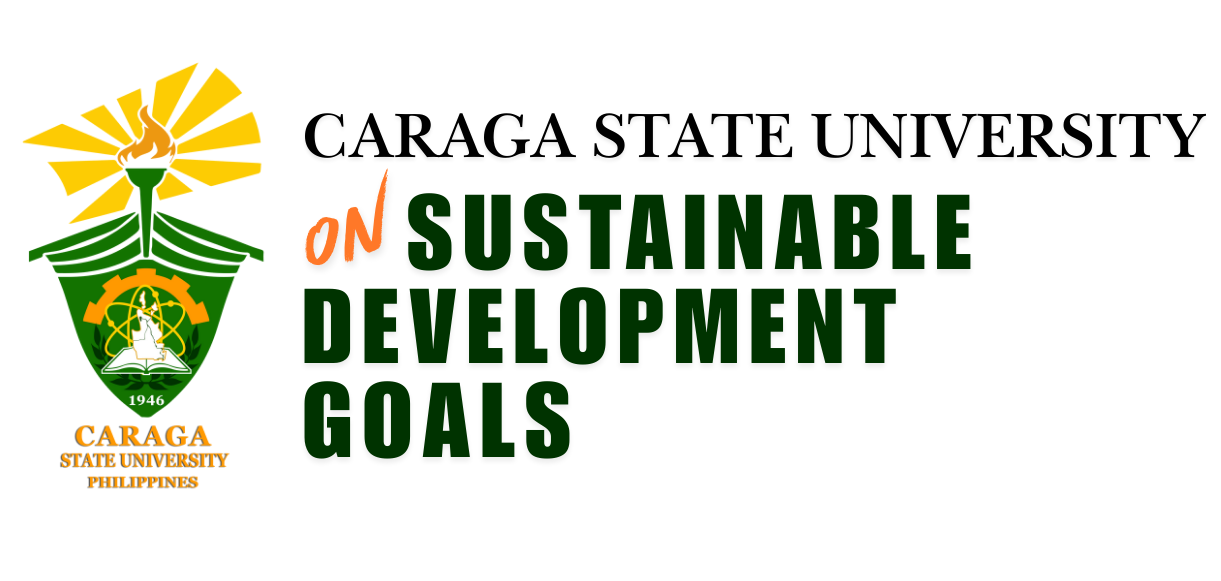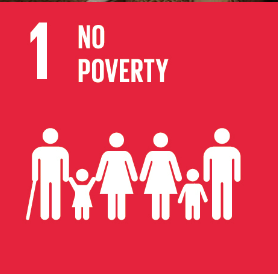About Us
Updated: November 8, 2024
Caraga State University’s Commitment Statement to the United Nations (UN) Sustainable Development Goals (SDGs)
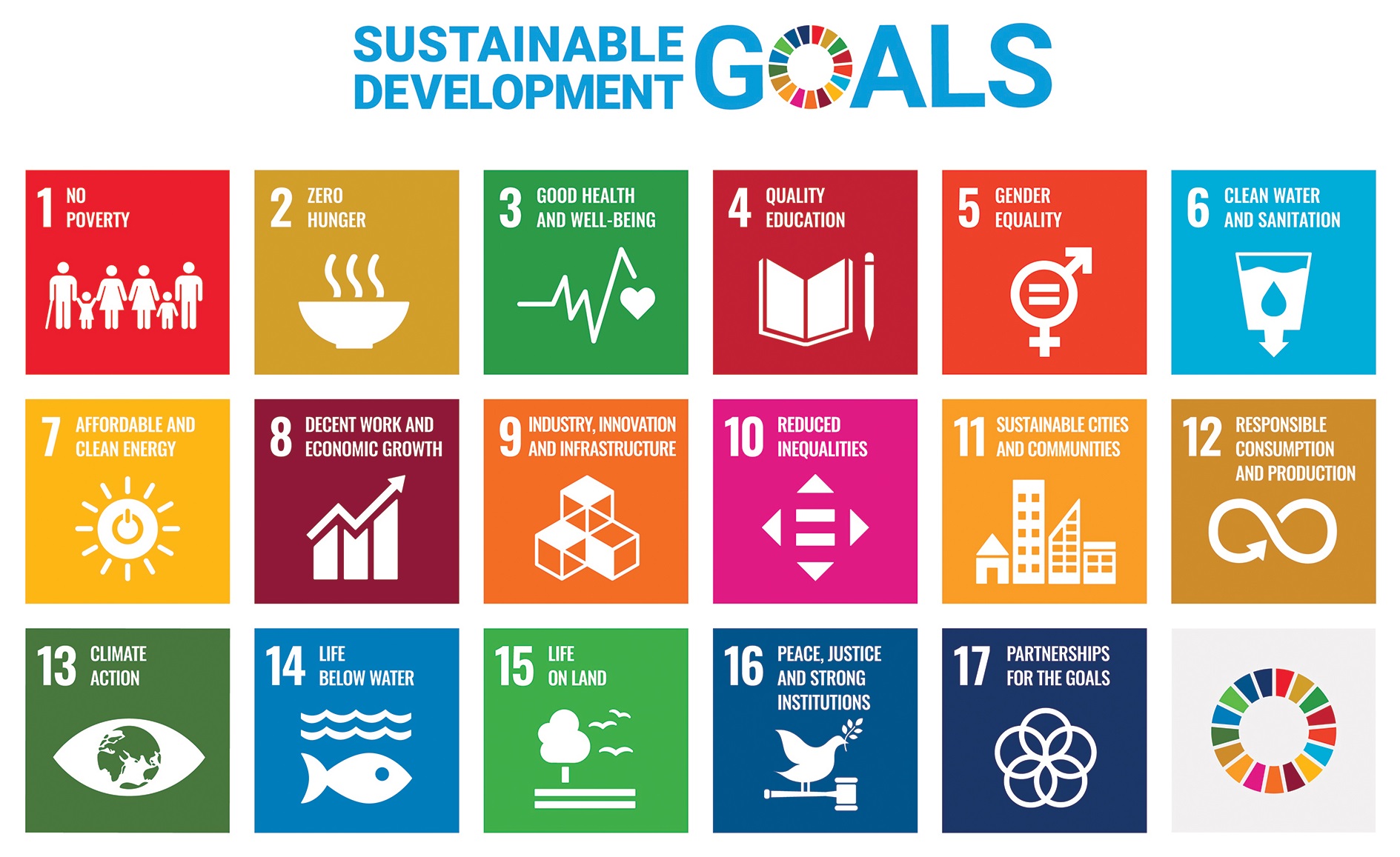
Caraga State University (CSU) is steadfast in its dedication to addressing and advancing the United Nations’ Sustainable Development Goals (SDGs). The university recognizes that higher education institutions play a pivotal role in fostering a sustainable future through impactful teaching, research, community engagement, and global partnerships. By aligning its strategic initiatives with the SDGs, CSU aims to contribute substantially to local and global efforts to tackle pressing challenges such as poverty, good health and well-being, quality education, environmental degradation, and climate change.
The SDGs, adopted by all United Nations member states in 2015, represent a universal call to action to eradicate poverty, protect the planet, and ensure prosperity for all by 2030. With 17 interlinked goals, the framework promotes integrated approaches that balance social, economic, and environmental dimensions. CSU’s commitment to these goals is embedded in its mission to empower communities through education, research, innovation, and extension, exactly the pillars of the university.
Integrating the SDGs into CSU’s Core Mission
CSU’s vision of fostering sustainable development is evident in its curriculum, research endeavors, and community outreach programs. The university is determined to create a nurturing environment where students, faculty, and partners collaborate to address critical challenges related to sustainable growth. By embedding sustainability in its academic and operational framework, CSU ensures that students graduate as informed and responsible global citizens, ready to contribute to sustainable practices in their professional and personal lives.
Research and Innovation for Sustainable Impact
As a hub for academic, research and innovation, CSU aligns its projects with the SDGs to generate meaningful contributions to both the Caraga region and the broader national and international landscape. CSU’s commitment includes conducting interdisciplinary research that explores solutions for climate resilience, renewable energy advancements, biodiversity conservation, and social equity. These initiatives are designed to foster innovative thinking and practical applications that can translate research findings into real-world impact.
For example, CSU’s notable contributions to renewable energy research, particularly in developing floating solar photovoltaic (PV) systems, highlight the university’s dedication to advancing SDG 7 (Affordable and Clean Energy) and SDG 13 (Climate Action). These projects not only enhance the university’s research profile but also position CSU as a leader in sustainable energy solutions tailored for the unique needs of the Caraga region.
Documented Contributions to the SDGs
CSU’s extensive body of work, as reflected in its research publications indexed in Scopus, underscores its active engagement with the SDGs:
Goal 1: No Poverty
CSU has pursued targeted community development programs and research initiatives that enhance livelihood opportunities and provide education for economic independence. Though comprising four documented contributions, these efforts form a solid foundation for long-term poverty reduction.
This goal is integral to Caraga State University’s (CSU) mission of fostering inclusive growth and uplifting disadvantaged communities. Through strategic initiatives, impactful research, and active community engagement, CSU aims to create sustainable pathways out of poverty and promote social equity. Our policies and programs in Caraga State University reflect a holistic approach, encompassing education, economic empowerment, and partnerships that address the root causes of poverty. By aligning our strategic objectives with SDG 1, we strive to make a meaningful difference in the lives of individuals both locally and globally.
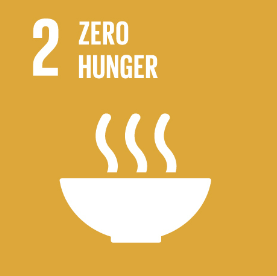
Goal 2: Zero Hunger
With 22 publications, CSU emphasizes sustainable agricultural practices and food security. Collaborative projects with local farmers and research on resilient farming techniques ensure food supply and mitigate scarcity.
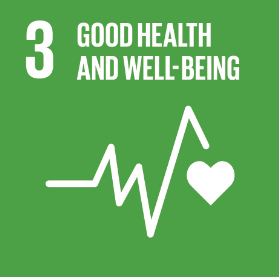
Goal 3: Good Health and Well-being
CSU’s 49 projects in this area cover public health, healthcare innovations, and wellness programs that improve preventive care and integrate technology into medical services.
At Caraga State University (CSU), the commitment to Sustainable Development Goal 3 (SDG 3), which aims to ensure good health and well-being, is embedded in its core mission. Recognizing that health and well-being are fundamental to a thriving academic community, CSU actively champions initiatives that promote both physical and mental health among students, faculty, and staff.
CSU’s comprehensive approach to achieving SDG 3 begins with fostering a supportive and inclusive environment. This is achieved through health-focused programs, awareness campaigns, and partnerships with local and national health organizations. These collaborative efforts facilitate the delivery of high-quality healthcare services, preventive care, and wellness activities on campus.
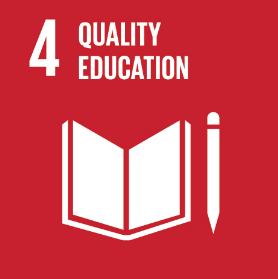
Goal 4: Quality Education
Through 21 contributions, CSU advances inclusive, equitable education and community literacy, reinforcing education as a tool for societal progress.
Under Sustainable Development Goal 4, CSU focuses on ensuring high-quality educational opportunities that prepare graduates for impactful roles, especially in teaching. Indicator 4.2 specifically measures the proportion of graduates with qualifications for teaching, which is a key factor in promoting lifelong learning and accessible education at all levels. At CSU’s main campus, 18.68% of graduates, or 312 out of 1,670, have obtained teaching qualifications, equipping them with the skills to educate and inspire future generations.
These graduates come from diverse programs, including Bachelor of Elementary Education (BEEd), Bachelor of Secondary Education (BSEd), Bachelor of Science in Mathematics (BSMATH), and Bachelor of Science in Applied Mathematics (BSAM). Notably, 88 of these graduates are qualified to teach at the primary school level, highlighting CSU’s contributions to filling critical teaching roles in foundational education.
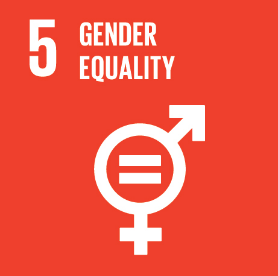
Goal 5: Gender Equality
Although represented by two documents, CSU’s commitment includes policy reviews and initiatives fostering gender equity.
CSU also embraces a policy of inclusivity through its Affirmative Action Plan (AAP), designed to provide equitable access to education for those who may have missed the university’s admission cut-off scores. Launched in 2019, the Pre-University Intervention Program under the AAP offers remediation in English, Mathematics, and Values to students who face language and numeracy challenges. This program is particularly beneficial for students from marginalized groups, including 4Ps beneficiaries, Indigenous Peoples, Persons with Disabilities, children of solo parents, and those with exceptional talents in sports, culture, and the arts. This initiative highlights CSU’s dedication to ensuring that every student, regardless of background, has the opportunity to succeed.
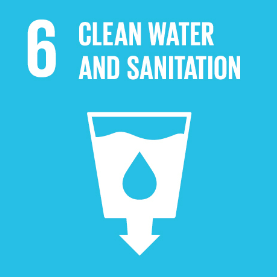
Goal 6: Clean Water and Sanitation
With 40 publications, CSU focuses on water resource management and sustainable sanitation solutions to address local challenges.
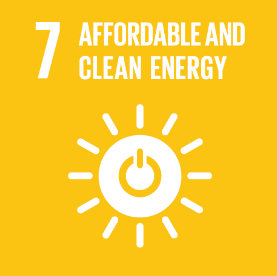
Goal 7: Affordable and Clean Energy
CSU’s 30 projects showcase its dedication to renewable energy research, supporting energy efficiency and independence.
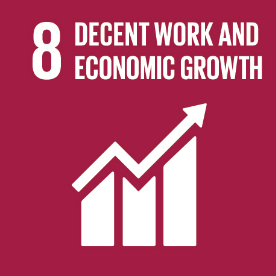
Goal 8: Decent Work and Economic Growth
Documented in 25 contributions, CSU promotes employability, entrepreneurship, and partnerships with local industries.
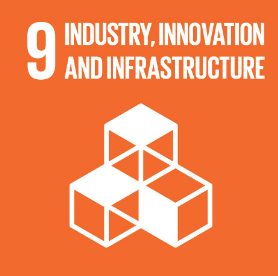
Goal 9: Industry, Innovation, and Infrastructure
The university’s 24 projects highlight its focus on technology development and infrastructure improvement.
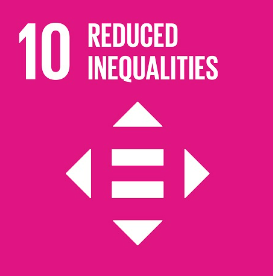
Goal 10: Reduced Inequalities
Three projects illustrate CSU’s commitment to inclusive policies and equitable access to education.
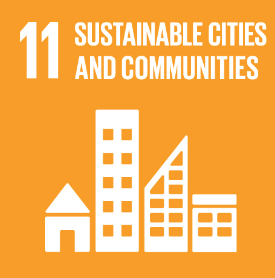
Goal 11: Sustainable Cities and Communities
With 64 publications, CSU leads in urban planning and resilience projects.
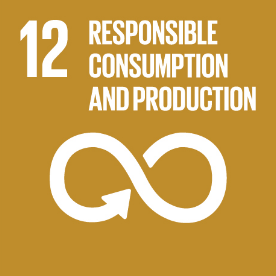
Goal 12: Responsible Consumption and Production
CSU’s 36 projects promote waste management and sustainable production practices.
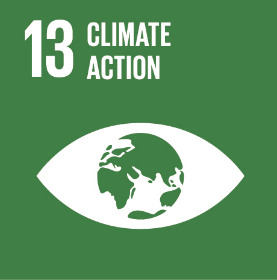
Goal 13: Climate Action
The university’s 20 projects focus on climate research and strategies to mitigate climate change impacts.
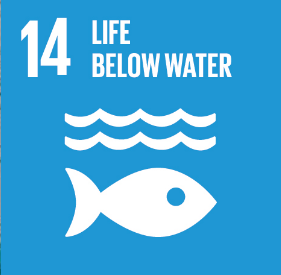
Goal 14: Life Below Water
CSU’s 13 contributions support marine conservation and sustainable coastal management.
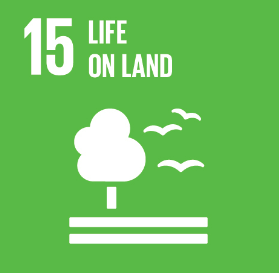
Goal 15: Life on Land
Through 38 projects, CSU works on forest conservation, biodiversity protection, and sustainable land management.
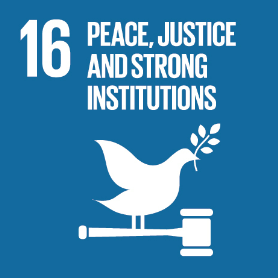
Goal 16: Peace, Justice, and Strong Institutions
CSU’s 11 projects emphasize governance, transparency, and civic responsibility.
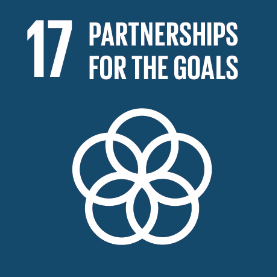
Goal 17: Partnerships for the Goals
Highlighted by 183 documented projects, CSU collaborates with diverse stakeholders to achieve sustainable outcomes.
Caraga State University (CSU) is committed to establishing and nurturing strategic alliances that enhance sustainable development efforts across the Caraga region and beyond. By actively engaging with government agencies, industry partners, community organizations, and other educational institutions, CSU strengthens its capacity to address regional and global challenges. These collaborations drive projects that support environmental stewardship, technological innovation, inclusive economic growth, and educational advancements. Through these partnerships, CSU not only maximizes its resources and expertise but also fosters a collective impact, empowering communities and expanding opportunities for meaningful development aligned with the Sustainable Development Goals.
Community Engagement and Partnerships
CSU understands that meaningful progress toward the SDGs requires collaboration beyond the university’s walls. The university actively partners with government agencies, local industries, and non-governmental organizations to drive community-centered projects aimed at promoting health, education, and environmental sustainability.
CSU has shown an exceptional commitment to partnerships, evidenced by 183 documented projects that span local, national, and international collaborations. These partnerships include agreements with academic institutions such as Hokkaido University and Southern Luzon State University, as well as organizations like Gawad Kalinga Community Development Foundation and the Department of Agriculture. CSU’s alliances extend to strategic collaborations with technology leaders such as Huawei Technologies and global research partnerships with entities like the University of Stavanger. These diverse partnerships reinforce CSU’s role as a dynamic contributor to advancing SDG 17, emphasizing the necessity of working hand-in-hand with stakeholders to share expertise, leverage resources, and implement effective solutions.
These partnerships exemplify CSU’s dedication to SDG 17 (Partnerships for the Goals), emphasizing the importance of collaborative efforts in achieving sustainable outcomes. The university’s work in forming alliances ensures that resources, knowledge, and expertise are shared to maximize the positive impact on local and global communities.
Educational Programs and Awareness Initiatives
Education is at the heart of CSU’s approach to achieving the SDGs. The university integrates sustainability-focused courses and modules into its academic programs, empowering students with the knowledge and skills necessary to address contemporary challenges. Through interactive workshops, seminars, and experiential learning, CSU promotes awareness and proactive engagement with the SDGs among students and faculty.
The institution also prioritizes lifelong learning opportunities for members of the local community, providing access to educational resources and training programs that enhance skills and promote sustainable livelihoods. These efforts contribute directly to SDG 4 (Quality Education) and help equip the population with the capabilities needed to thrive in an evolving world.
Commitment to Gender Equality and Social Inclusion
CSU’s dedication to inclusivity and social equity is integral to its pursuit of the SDGs. By fostering an environment that champions diversity, the university actively supports SDG 5 (Gender Equality) and SDG 10 (Reduced Inequalities). Initiatives such as scholarships, mentorship programs, and leadership opportunities are tailored to empower underrepresented groups, ensuring that education and professional growth are accessible to all, regardless of background.
The university’s commitment to creating a culture of inclusivity extends to its policies and practices that promote equal opportunities for students, faculty, and staff. This approach not only enriches the academic community but also fosters a broader societal impact by addressing systemic inequalities.
Sustainability Practices and Operational Excellence
CSU strives to lead by example in its operational practices, incorporating eco-friendly policies and procedures that reflect its commitment to environmental stewardship. Initiatives such as waste reduction programs, energy-efficient infrastructure, and sustainable campus operations align with SDG 12 (Responsible Consumption and Production) and SDG 15 (Life on Land). The university’s commitment to reducing its environmental footprint exemplifies its holistic approach to sustainability.
Looking Ahead: A Pledge for Continued Progress
Caraga State University recognizes that achieving the SDGs is an ongoing journey that requires persistent effort, adaptability, and innovation. With a strategic vision aligned with the global 2030 Agenda, CSU remains dedicated to expanding its impact through research excellence, community partnerships, and educational leadership. As a dynamic institution committed to making a difference, CSU is poised to continue serving as a catalyst for sustainable development, inspiring positive change within the Caraga region and beyond.
In conclusion, Caraga State University’s commitment to the Sustainable Development Goals embodies a comprehensive approach that integrates education, research, and community engagement. Through its concerted efforts, CSU contributes meaningfully to building a sustainable future, reinforcing its role as a vital contributor to the global pursuit of progress and resilience.
